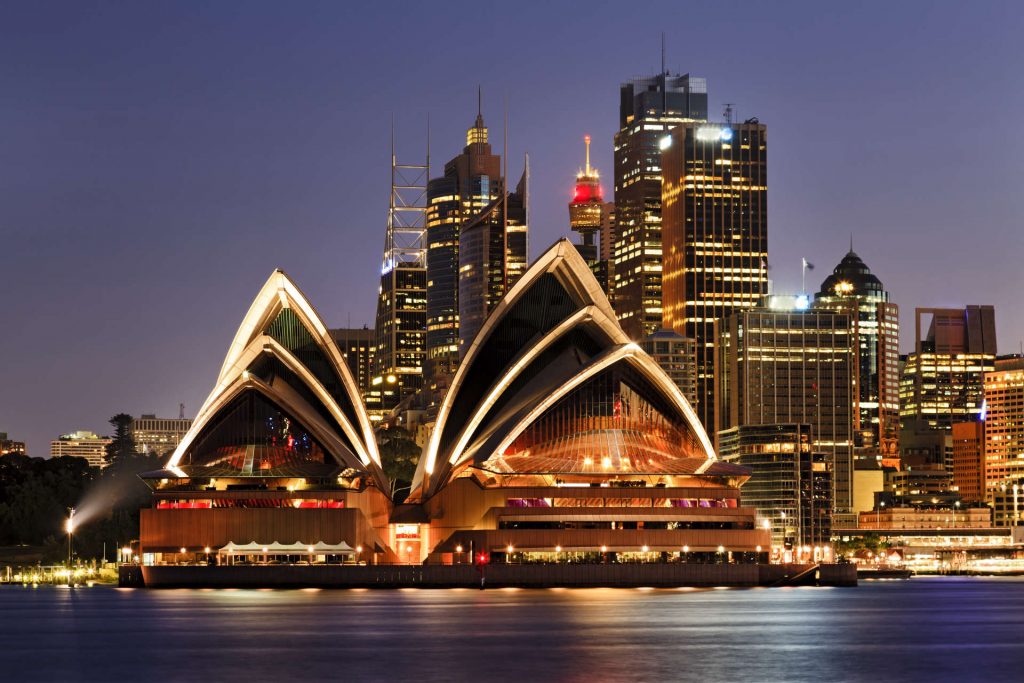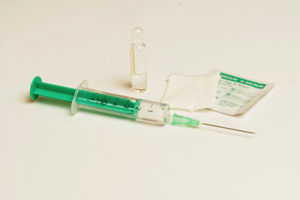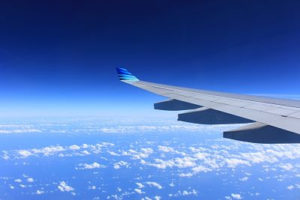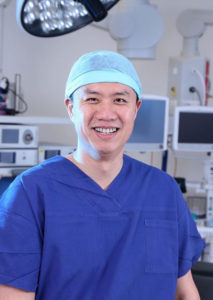
The cosmetic surgery industry has experienced a surge in medical tourism to countries like India, Thailand, China, Mexico, Latin America, the Caribbean, Singapore, the Middle East and Pakistan. The temptation to travel to a tropical destination for an elective surgery lures patients who believe they’ll enjoy a grand holiday and return home with new look, but there are serious risks to consider.
1. Infection: websites that sell medical tourism packages often fail to mention that patients who travel for surgeries abroad are at risk of contracting nosocomial infections. A nosocomial infection is a disease that thrives in the hospital environment and tends to spread more easily to patients recovering in this setting.
Though patients may be in good health when they leave their home country, the risk of developing a hospital-borne illness abroad is high. Nosocomial infections that would-be medical tourism patients should familiarise themselves with before handing over their credit card are super-infections or pathogens that are resistant to drug therapies.
2. Disease: though the quality of the medical system in Australia is heavily regulated, in other countries, quality control, hygiene and sterilisation is less stringent. It’s true that you may pay less for certain procedures, but in these cheaper countries, there’s no guarantee that equipment is sterile and that needles have only been used once. The blood supply for transfusions may also come primarily from paid donors who aren’t adequately screened, putting medical tourism patients at risk of diseases like HIV and Hepatitis B.

Lack of regulation can lead to a variety of unexpected disasters, especially in cosmetic treatment. Doctors abroad may have little or no experience with the surgical procedure you’ve signed up for and the equipment they use may be outdated.
If something goes wrong, patients have little recourse, leaving them with few legal opportunities for compensation and often no option other than paying for additional corrective surgery back home in Australia – assuming the results can in fact be corrected.
3. Travel risks: travelling abroad for surgery via airplane puts patients at risk of deep vein thrombosis or a pulmonary embolism, either of which – in extreme cases – can ultimately lead to death. Patients who have recently had surgery are at a higher risk of developing a blood clot during plane travel and should therefore reconsider the need to travel by air in the 7-10 days following their surgery.

Patients are often disillusioned about the potential benefits of medical tourism and fail to recognise the pitfalls.
Through his experience with corrective and revisional cosmetic surgery, Dr. Choy is all too familiar with the risks of medical tourism and a firm believer in safety – and experience – first.
There is no need to risk a procedure abroad when there are many qualified Specialist Plastic Surgeons in Australia. Call (02) 8962 9388 and arrange a time to sit down with Dr Choy to discuss your options, right here in Sydney.

Categories: